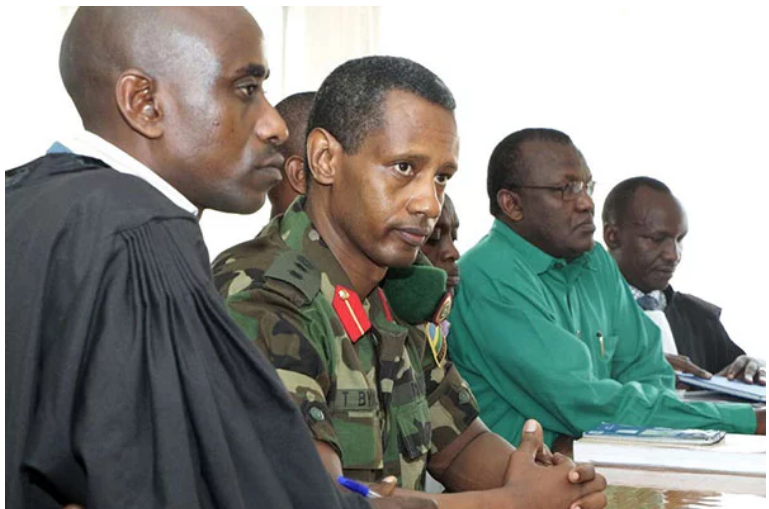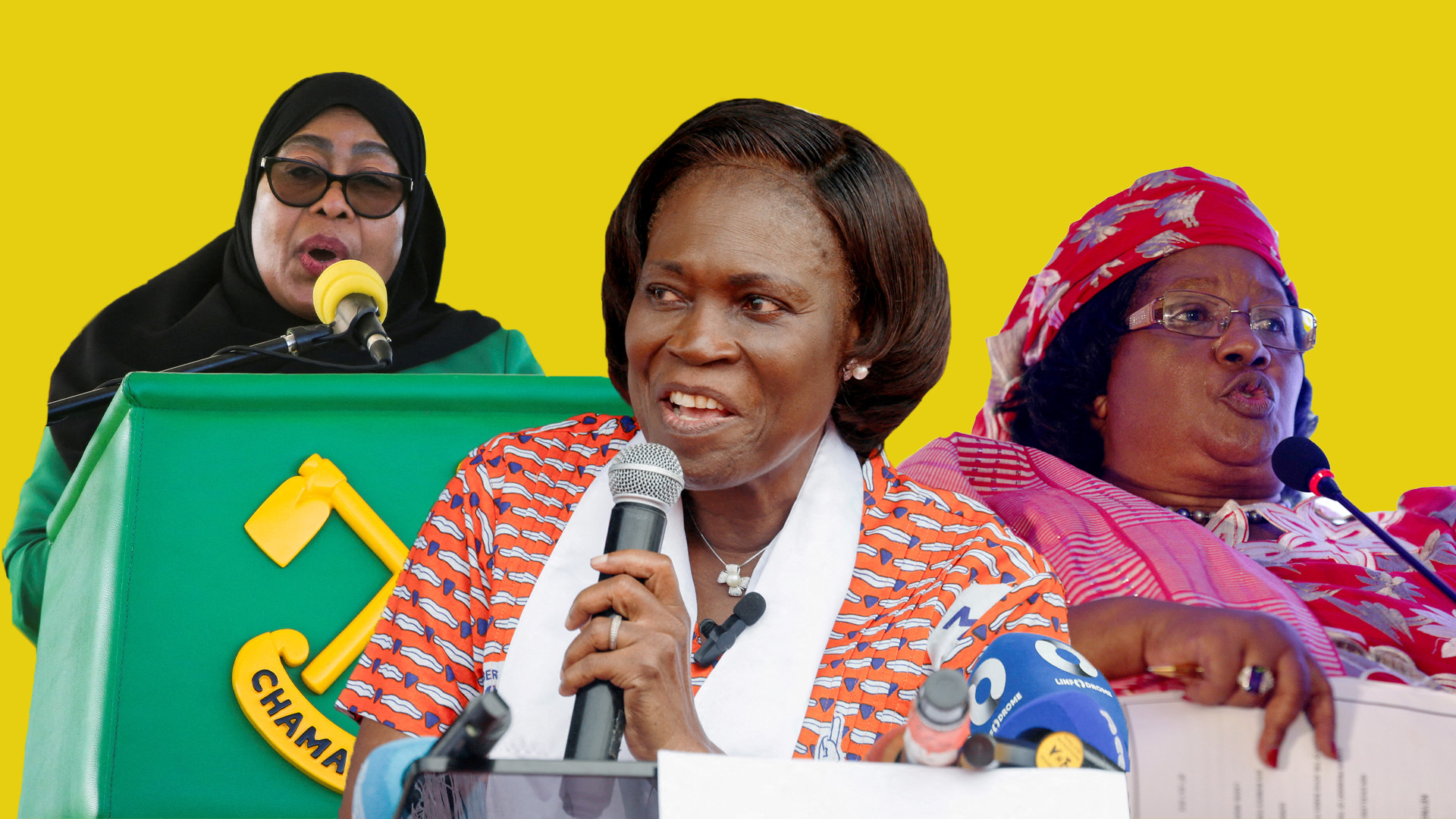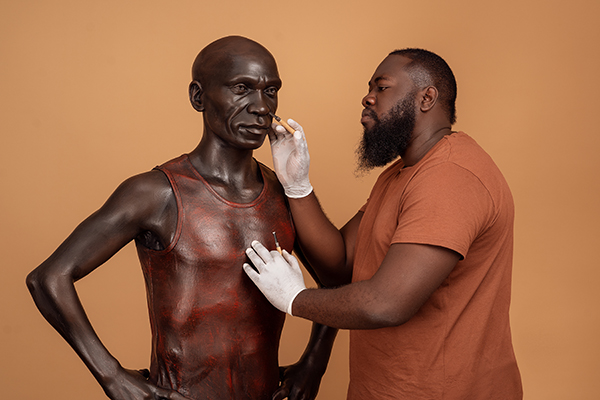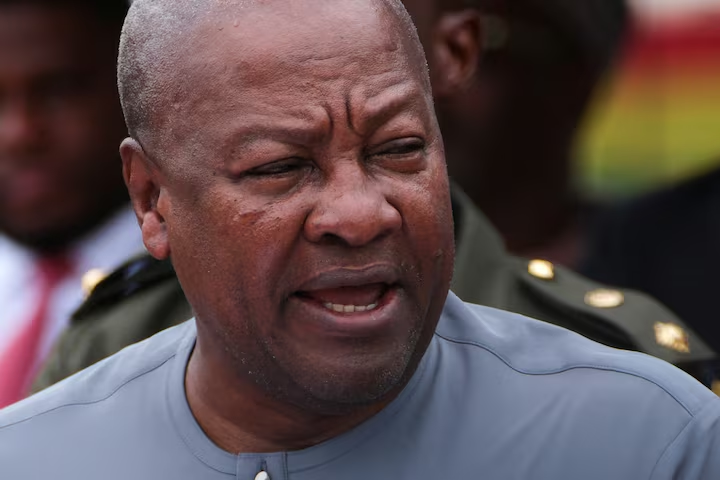
UK lawmakers in plea for release of Rwandan soldiers

Rwanda has said it will not intervene in the legal process to enforce the release of jailed military men Col Tom Byabagamba and Rtd Brig Gen Frank Rusagara.
Rwanda’s Minister for Justice Johnston Busingye, rejected the pleas of British parliamentarians to release the jailed soldiers, contained in a letter to the Kigali government, noting that there are limited circumstances in which the government can intervene in a criminal case.
“Unless and until invited to do so in accordance with the relevant laws and procedures, it would be inappropriate for the Executive to comment on any pending case, seek to influence the outcome, or intervene as proposed in your letter,” Mr Busingye said.
“Any such action would constitute improper interference with an independent judicial process. Rwandan law provides a clear procedure for requesting clemency, which Mr Byabagamba and Mr Rusagara are entitled to pursue, in accordance with relevant law.”
Col Byabagamba, the former head of President Paul Kagame’s security, was in April 2016 sentenced to 21 years in prison for inciting rebellion, concealing evidence and disrespecting the national flag.
His co-accused, Rtd Brig Gen Rusagara—was handed a 20-year jail term for inciting insurrection against the government, spreading rumours with intent to taint the president’s image, and illegal possession of firearms.
Both men appealed their sentences and the case has been ongoing since early this year.
A letter signed by six British MPs asked President Paul Kagame to release them, citing fears about their health and that their charges appear to be related to private criticisms they made of the government.
Part of the letter commended “Rwanda’s progress over the last three decades, particularly the strides it has made in creating a more inclusive society that has drawn in marginalised populations”.
The letter is signed by Baroness D’Souza, Matthew Offord, Ivan Lewis, Lord Steel, Rosie Duffield and Baroness Northover.
During a previous appeal hearing, both men argued that they were detained under solitary confinement in a military barracks instead of being taken to a formal prison.






